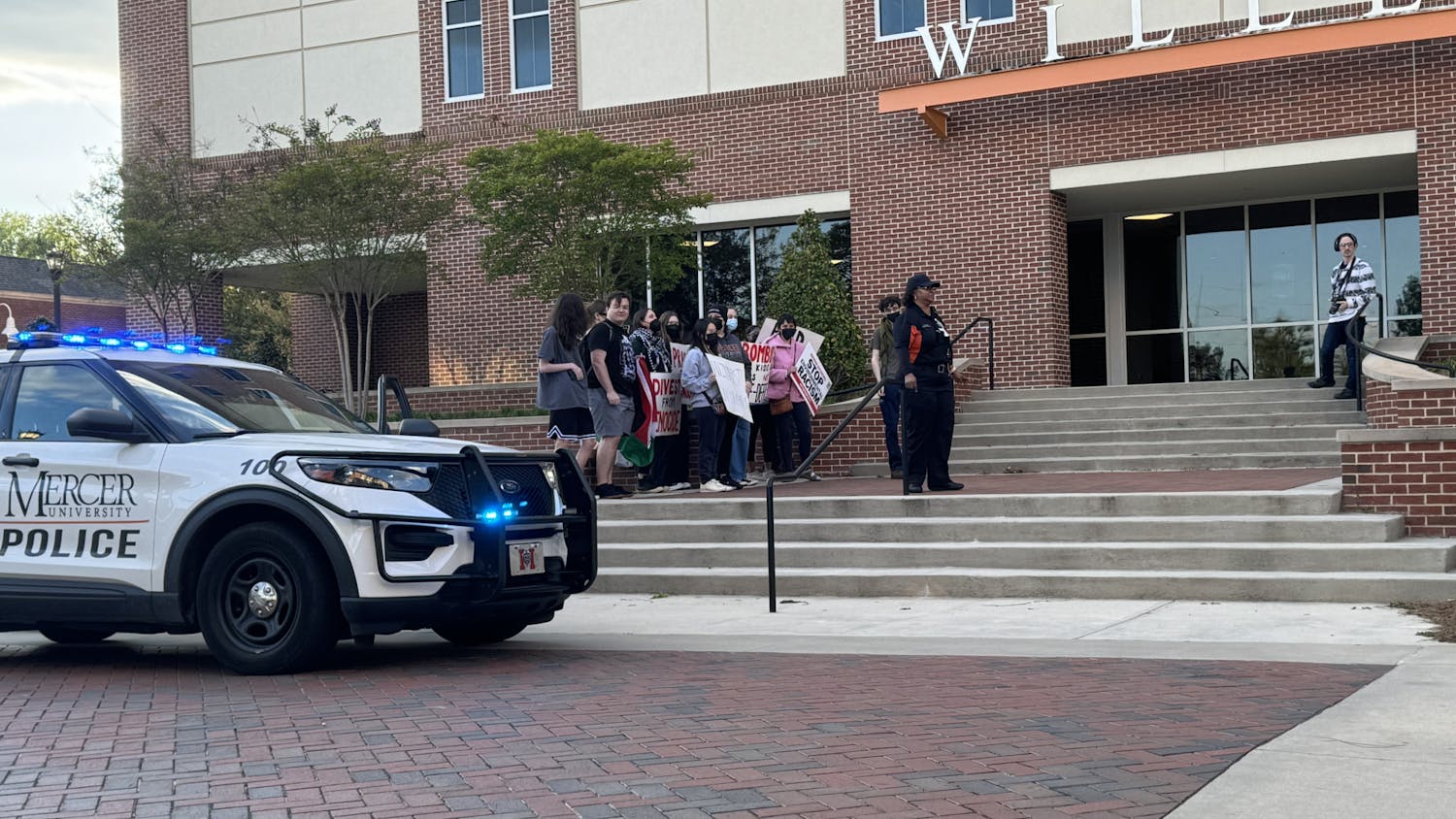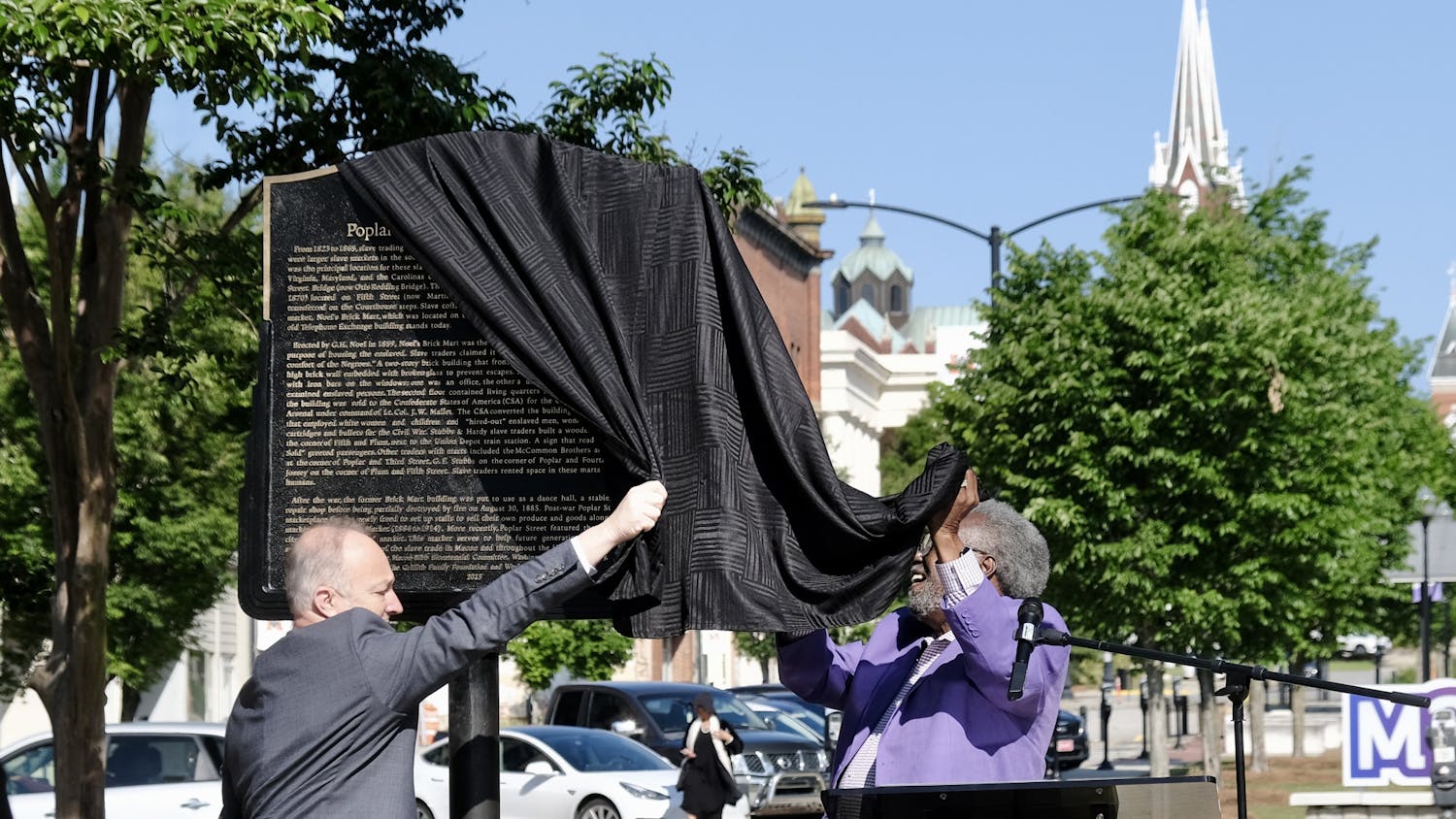Mercer University’s School of Engineering was awarded two grants to support the research projects of Dr. Sinjae Hyun, associate professor of biomedical engineering. The grants were awarded from the National Science Foundation (NSF).
The grants will aid in creating a more effective inhalation drug delivery system. One grant is a NSF Major Research Instrumentation (MRI) award for $79,500 to purchase a Wide Range Particle Spectrometer. The second grant is a research grant for $324,012 for three years in collaboration with researchers from North Carolina State University to research particle uptake in human lung models.
“If we can accurately predict the amount of inhaled aerosol particles that is taken into the lungs, we can use medicine more efficiently and control dosages,” Dr. Hyun said. “This research will benefit both the patients and the pharmaceutical companies.”
The Wide Range Particle Spectrometer, which will be purchased with the first grant, will allow Dr. Hyun to accurately measure the particles in his inhalation experiments between five nanometers to 10 microns. The purchase will aid in the accuracy of the measuring and benefit engineering students’ work.
The experimental studies done with the $324,012 grant will be integrated with the computational research done with his collaborator, Dr. Clement Kleinstreuer, developed at the North Carolina State University in Raleigh, N.C.
Dr. Hyun explained that this research will help create more effective inhalation drug delivery systems, such as those used to treat asthma and COPD. In addition, it could potentially benefit those on the horizon, such as inhaled insulin to treat diabetes.
“Support from the NSF is a catalyst for our research program within Mercer Engineering,” said Wade Shaw, dean of the School of Engineering. “Initially, our faculty and students will benefit from this investment in Biomedical Engineering. Eventually, this project will improve the delivery of medications via direct absorption through the trachea and then the benefits extend to a huge community of people. We are very proud of Dr. Hyun and excited to be part of this research.”
As part of the grant, Dr. Hyun will be required to report back on his research each year. With the experiments, Dr. Hyun and his students will have the opportunity to present at national conferences.
“The grant review panels at the national level are very aware of both the people and capabilities of the universities who receive their support and this grant is additional confirmation that we are doing the right kinds of things to build our program,” said Shaw.
Dr. Hyun has received much recognition for his research for inhaled aerosol transport and deposition in lung airways. In addition, he also received a gift from YKK-USA, Inc., an international company based in Macon, to assist in his research and help construct the models. The gift was a 3D Printing System capable of printing any object in three-dimensional form. The gift will benefit engineering students’ innovative design processes.
“I’ve already had more requests from students to join my lab. I would like engineering research to be more visible on campus and hope that the grants and gifts will have a positive impact on my research with students.” Dr. Hyun said.




